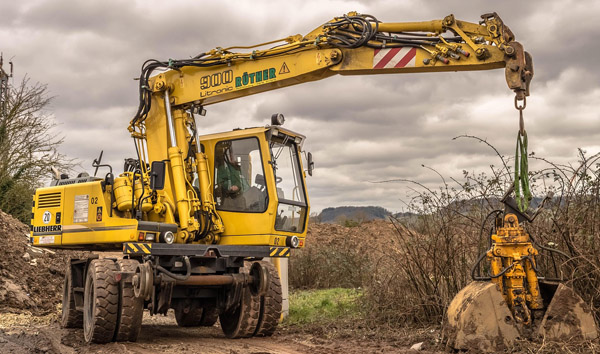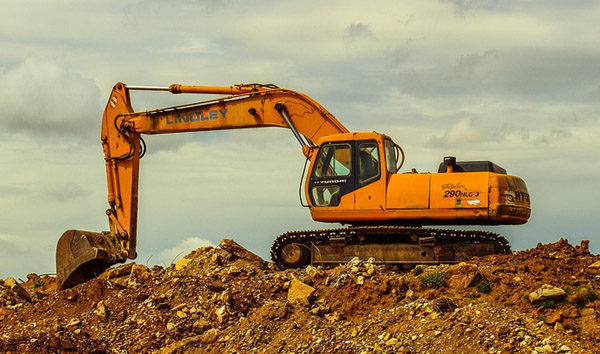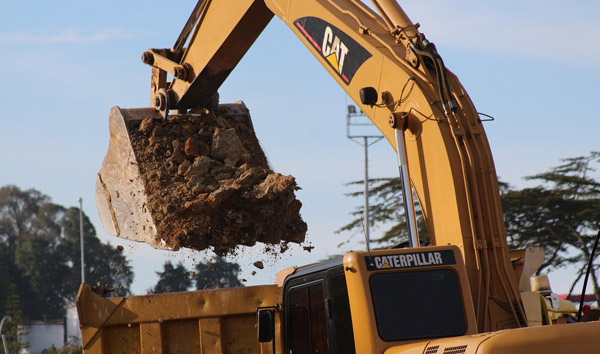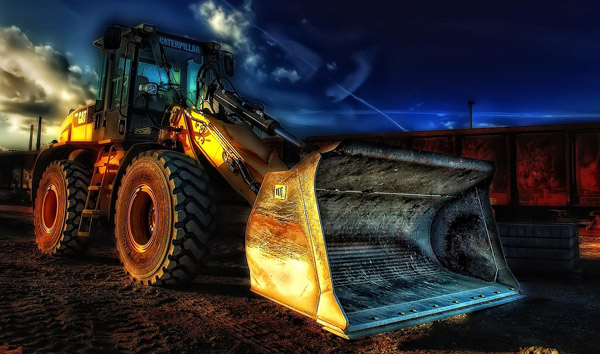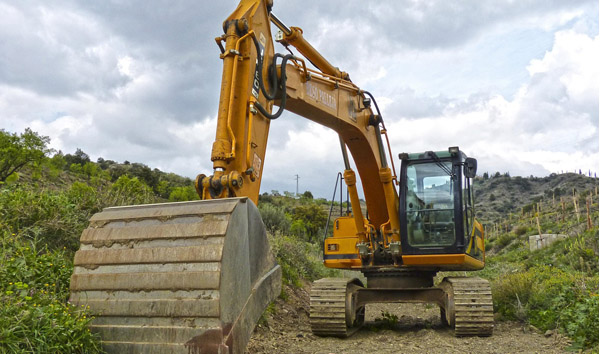Navigating the Robust Capabilities of Modern All-Terrain Forklifts
2025-08-02 05:20:24
All-terrain forklifts are engineered to tackle the most demanding environments, combining rugged durability with advanced lifting capabilities. This report delves into their specifications, performance metrics, and operational advantages, providing a data-driven analysis for industries reliant on versatile material handling solutions.
The all-terrain forklift specifications highlight a machine designed for stability and power across uneven surfaces. These forklifts typically feature reinforced chassis, heavy-duty tires, and enhanced suspension systems to navigate mud, gravel, and slopes with ease. Load capacities range from 3,000 to 10,000 kg, with lift heights extending up to 7 meters, making them indispensable in construction, agriculture, and forestry.
A critical aspect of all-terrain forklift specifications is their engine performance. Most models are equipped with turbocharged diesel engines, delivering 75–150 HP to ensure consistent torque in challenging conditions. Advanced hydraulic systems provide precise load control, while 4-wheel drive configurations maximize traction. Fuel efficiency averages 8–12 liters per hour, balancing power with operational economy.
Safety remains paramount in all-terrain forklift specifications. Rollover protection structures (ROPS) and falling object protective structures (FOPS) are standard, alongside anti-slip steps and ergonomic operator cabins. Modern units integrate telematics for real-time monitoring of load limits, tire pressure, and engine diagnostics, reducing downtime and enhancing worksite safety.
Market data indicates a 12% annual growth in demand for all-terrain forklifts, driven by infrastructure projects and warehouse expansions. Leading manufacturers like JCB and Toyota have introduced hybrid models, cutting emissions by 20% without compromising performance. These innovations align with global sustainability goals while meeting rigorous all-terrain forklift specifications for durability and efficiency.
In conclusion, the evolution of all-terrain forklifts reflects a blend of rugged engineering and smart technology. By adhering to stringent all-terrain forklift specifications, these machines empower industries to operate seamlessly in unpredictable environments, ensuring productivity and safety remain uncompromised.




